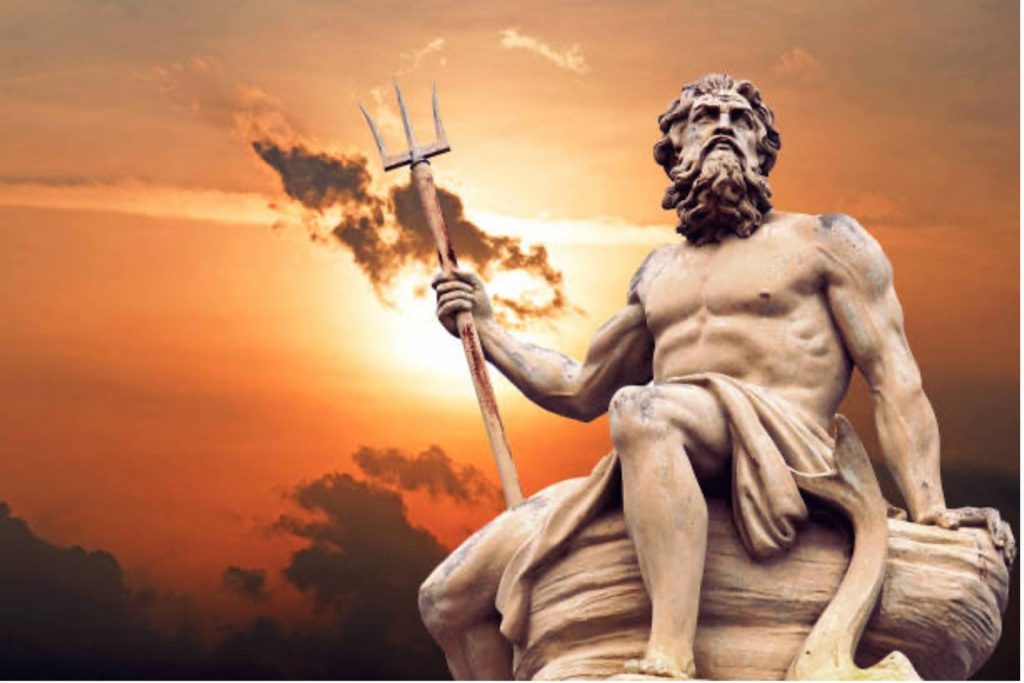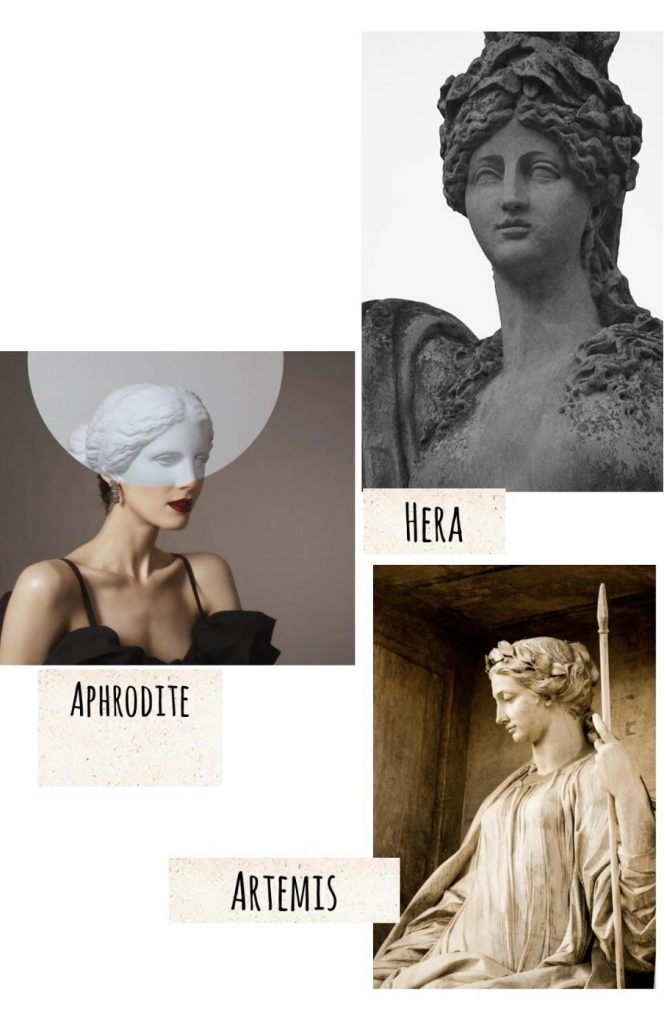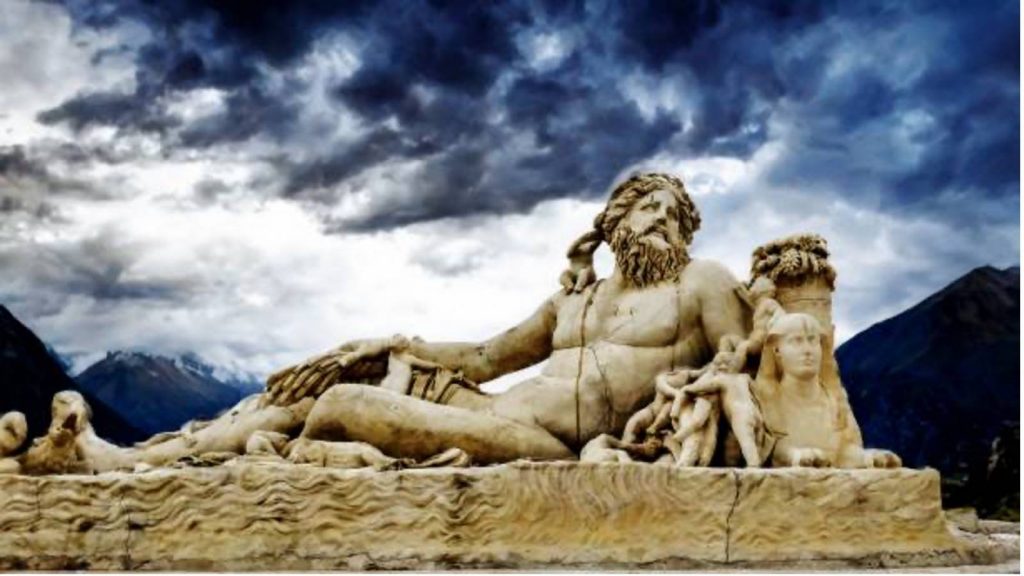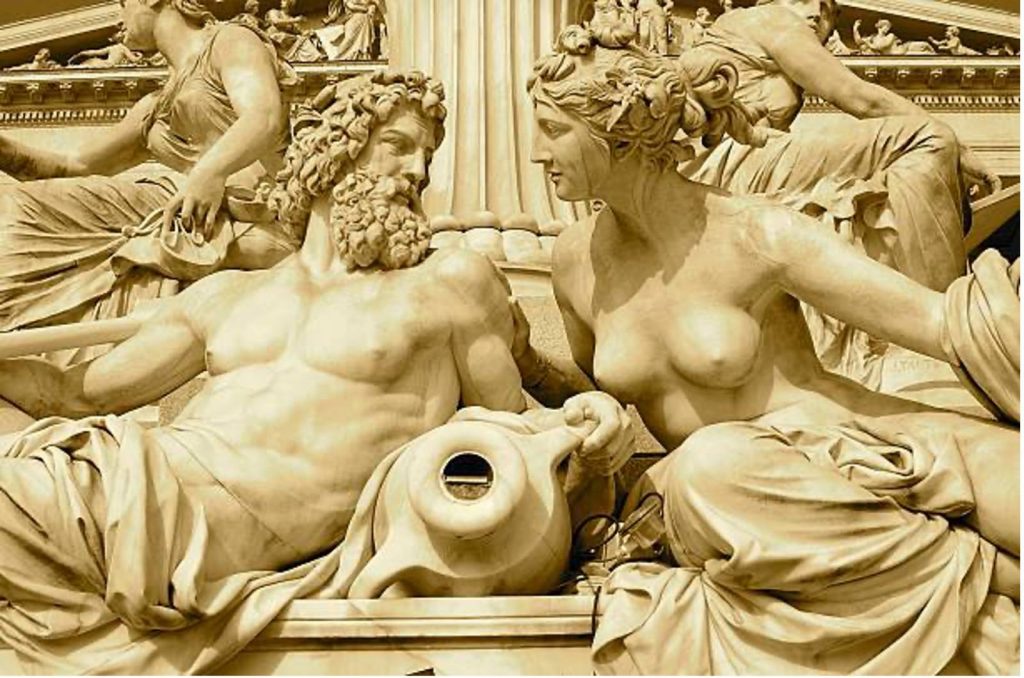I was ten. An age when I asked questions far too metaphysical for a child… And I had fallen in love with mythology. Not kidding. I had in my hands the “Historical Encyclopedia of Mythology,” a promotional giveaway from Güneş newspaper — one of the more well-known dailies of the time. Thick, hard-covered, filled with illustrations… It felt like a kind of sacred book to me. For 30 days straight, I clipped coupons without complaint, convinced my late grandfather to give me 30 TL, and dashed to the pickup point. Walking home with that encyclopedia in my hands, I felt like a mere mortal who had just been invited to Mount Olympus.

Zeus / Antique Greek Mitoloji
I opened the first page. Even the scent was mythological. First, I looked at the pictures. Then I read. Then read again. With each page, I sank deeper. I felt Poseidon’s wrath, Apollo’s light, Artemis’s shadows, and Ares’s rage in my heart. Even at that age, I tried to understand: even if you’re a god, trouble never really ends.
At home, my sisters and I would play “Which goddess are you?” Athena? Aphrodite? No quizzes, no algorithms — just instinct. While they usually chose wisdom or beauty, I was always drawn to Hera. The strongest of the goddesses. Wife of Zeus, King of the Gods. Goddess of marriage, fidelity, sacred unions. And ironically: the leading victim in most mythological tragedies.

Zeus… Ah, Zeus! Olympus’ CEO, the sky’s boss! And yet, for some reason, he could never resist “coming down after work” to have a little one-on-one with mortals. Almost every time, a new demigod was born, and Hera would go mad all over again. But she’s a goddess! She can’t just pull Zeus by the hair like a mortal wife 🙂

What does a goddess do? She collaborates with nature — releases her fury through earthquakes, through tsunamis. Teams up with Poseidon and comes up with “artistic solutions to domestic crises.”

Hera always spoke to me. A woman of immense power, left alone with immense emotions. Queen of the universe, but with a broken heart. From a child’s perspective (mine), it wasn’t her rage that fascinated me — it was her sorrow. Strange, isn’t it? That even at such a young age, we could feel empathy for ancient Greek gods. Maybe that’s why these myths still live on. Because the Hera within us still erupts with fury.
Before fashion, art flirted with mythology. The stories that spilled from the Trojan War made their way from Botticelli’s canvas to Versace’s runway. Even today, if there’s such a thing as “dressing with goddess energy,” it draws inspiration from Hermes’ winged sandals. Apollo is still on stage — only now, he plays the guitar. Athena gives TEDx talks.
And we… we find our inner goddess via Facebook quizzes. It may seem silly, it may be simple — but in truth, it’s deeply human. Because a part of us still wants to climb Olympus.
My heart still belongs to Hera. Not because I identify with her, but because I understand her best. The fragility within strength, the fury within emotion… Even as a goddess, you can break. Even in myth, betrayal stings. And sadly, every Hera has a Zeus — who loves with lightning, only to disappear back into the sky.
And what about you? Which god or goddess do you feel closest to? Is it Athena who decides for you, or Aphrodite whispering to your heart? Maybe you, too, are waiting to be loved with your full power, like Hera. Or maybe, like Poseidon, you speak only through storms.
Mythology doesn’t just tell us about gods — it tells us about ourselves.
And sometimes, when goddesses weep, the world trembles.
“Ah Hera… Oh Hera…
You are not alone. We mythology lovers understand you, at least a little.”
Tugba YAZICI
Contemporary Artist & Producer
Instagram: tugbayaziciofficial
Facebook: Tugba Yazici


